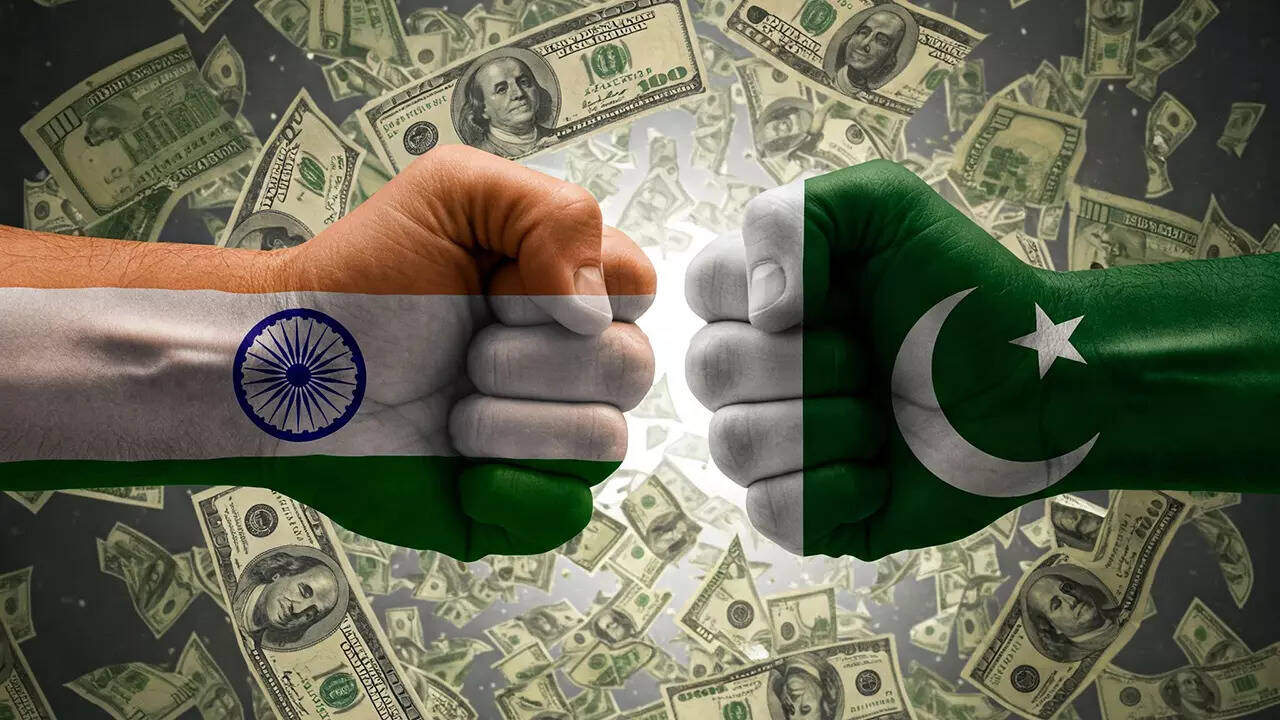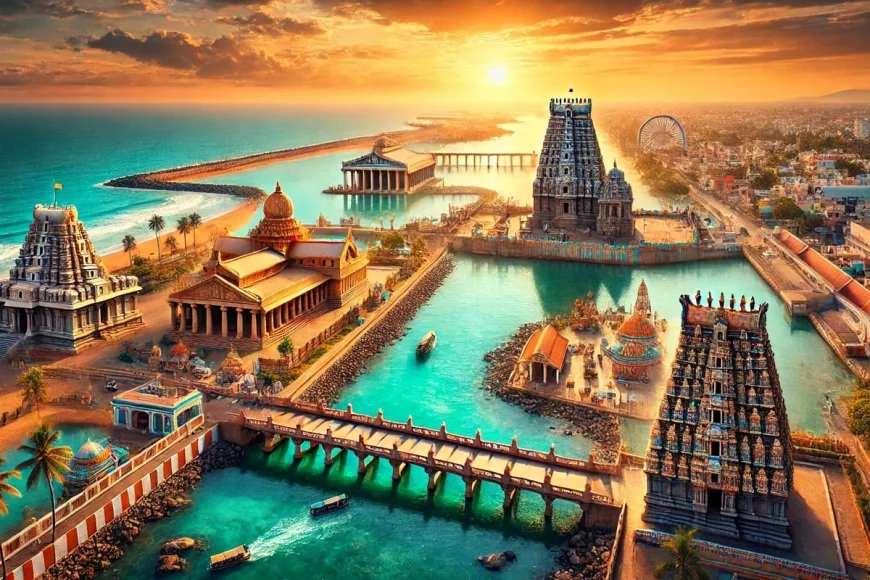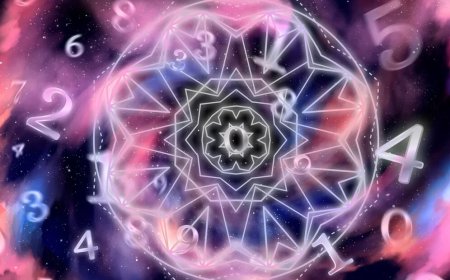‘Hindi Hindu Histories’: Fascinating accounts of four 20th-century outliers who imagined new futures

Join our WhatsApp Community to receive travel deals, free stays, and special offers!
- Join Now -
Join our WhatsApp Community to receive travel deals, free stays, and special offers!
- Join Now -

What do a radical caste reformer and vernacular sexologist, a woman Ayurvedic practitioner, a cosmopolitan advocate of Hindu self-strengthening and an early Communist interested in Utopian thought, have in common? These are the deeply intriguing figures around which leading historian Charu Gupta has woven her compelling new social history of early 20th century north India in her new book Hindi Hindu Histories: Caste, Ayurveda, Travel, and Communism in Early Twentieth Century India.
Life histories, particularly multiple life histories told in parallel, have proved a very effective way of bringing India’s complex states and societies to life. Richard Eaton’s A Social History of the Deccan, 1300-1761: Eight Indian Lives did just this for the early modern history of Maharashtra. Most recently, Leela Prasad’s The Audacious Raconteur Sovereignty and Storytelling in Colonial India explores the social and ethical worlds of a heterogeneous group of story-tellers in colonial south India. Drawing on their own regional traditions and personal experiences, these storytellers flaunted their real creative freedom from colonialism’s wooden attempts to assert its cultural dominance.
The ‘Hindu’ religious culture
Charu Gupta’s study shares some of this methodology but with a key difference. It was within the booming world of Hindi popular print that all four of her figures found their platforms for advocacy,...
What's Your Reaction?
 Like
0
Like
0
 Dislike
0
Dislike
0
 Love
0
Love
0
 Funny
0
Funny
0
 Angry
0
Angry
0
 Sad
0
Sad
0
 Wow
0
Wow
0








































![Today's hottest deals - Kinsley Iron Blue Desk Pot at just Rs.49 [MRP ₹299]](https://savefree.in/uploads/images/202504/image_870x580_680c89dae6fdb.webp?#)















